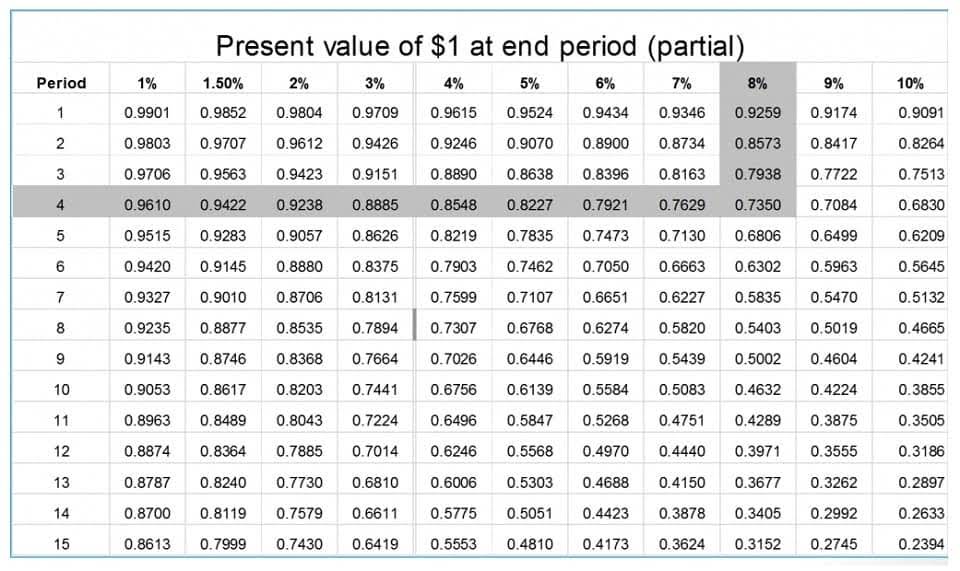
These principles are established by the Financial Accounting Standards Board (FASB) and are used by public companies, private companies, and non-profit organizations to compile their financial statements. GAAP encompasses a wide range of accounting activities, including revenue recognition, balance sheet item classification, and materiality. The international financial reporting standards, or IFRS, are a list of principles that address the way particular transactions, procedures and various events should be indicated in a company’s financial statements. These standards are used by the United Kingdom and member countries of the European Union, as well as a number of other countries.
The Importance of GAAP in Financial Reporting: Role of GAAP in Ensuring Transparency and Consistency
GAAP and IFRS exists for small business owners involved in research and development. Under U.S. GAAP, research and development costs are generally expensed as incurred. Small business owners should take note that like other parts of IFRS, capitalization guidance is principles-based. Asset revaluation is crucial because it can help you save for replacement costs of fixed assets once they’ve run through their useful lives. Plus, asset revaluation can reduce your debt-to-equity ratio, which can paint a healthier financial picture of your company. IFRS is principles-based, focusing on the overall fairness and accuracy of financial statements, while GAAP is rules-based, providing detailed guidelines and rules for reporting.
What is GAAP in international accounting?
In an era where financial landscapes and regulatory environments constantly evolve, it is crucial to stay updated with GAAP and its periodic revisions. While the Generally Accepted is gaap used internationally Accounting Principles (GAAP) provide a robust framework for financial reporting, they are not without criticisms and limitations. Various stakeholders have highlighted issues challenging GAAP’s effectiveness and relevance in the contemporary business environment.

A Detailed Review of US GAAP for International Accountants
This principle ensures that financial statements reflect the full scope of financial activities, providing a clear and comprehensive view of an organization’s financial health. Its application is crucial for presenting an unbiased and transparent financial position, enabling stakeholders to make well-informed decisions. The FASB’s Conceptual Framework, developed in the 1980s, provides a foundation for setting accounting standards. It outlines the objectives and qualitative characteristics of financial reporting and serves as a guide for developing specific accounting principles. The Conceptual Framework has been instrumental in ensuring that GAAP remains coherent and aligned with stakeholders’ evolving needs. Mastering GAAP Standards Grocery Store Accounting in Finance and Accounting is essential for finance professionals, accountants, and business leaders who want to ensure financial accuracy, regulatory compliance, and transparency in reporting.

U.S. GAAP sets rigorous standards for financial disclosure and reporting to ensure consistency, comparability, and transparency. Understanding these requirements is critical income summary for accountants reporting under GAAP. Overall, the FASB’s official Accounting Standards Codification, available for free online, offers accountants and businesses the definitive resource to understand and apply current US GAAP standards. Referencing the Codification helps ensure full compliance and uniformity in financial accounting across organizations.
- While GAAP Standards in Finance and Accounting provide a general framework for financial reporting, different industries have specific accounting guidelines to address unique financial transactions.
- GAAP plays a pivotal role in the accounting landscape, providing a structured framework for financial reporting.
- While both sets of standards aim to provide accurate and reliable financial information, they have different approaches and guidelines.
- GAAP standards, providing a framework for international accountants to navigate the numerous guidelines.
- For example, a US company seeking to raise funds in Germany has to prepare a financial report according to IFRS accounting rules as well as US GAAP rules.
- These industry-specific standards ensure accurate reporting that reflects the nature of business operations.